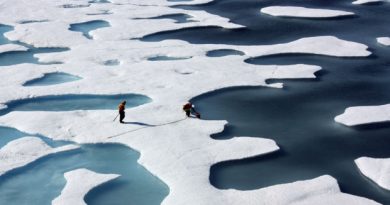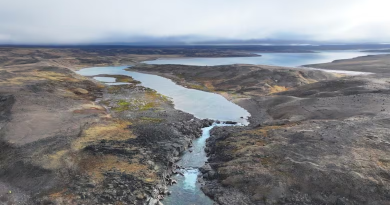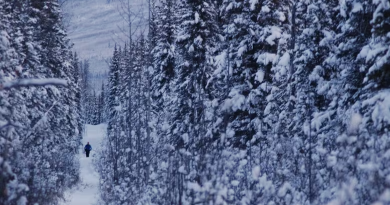Canada’s environmental assessment process needs reform says report
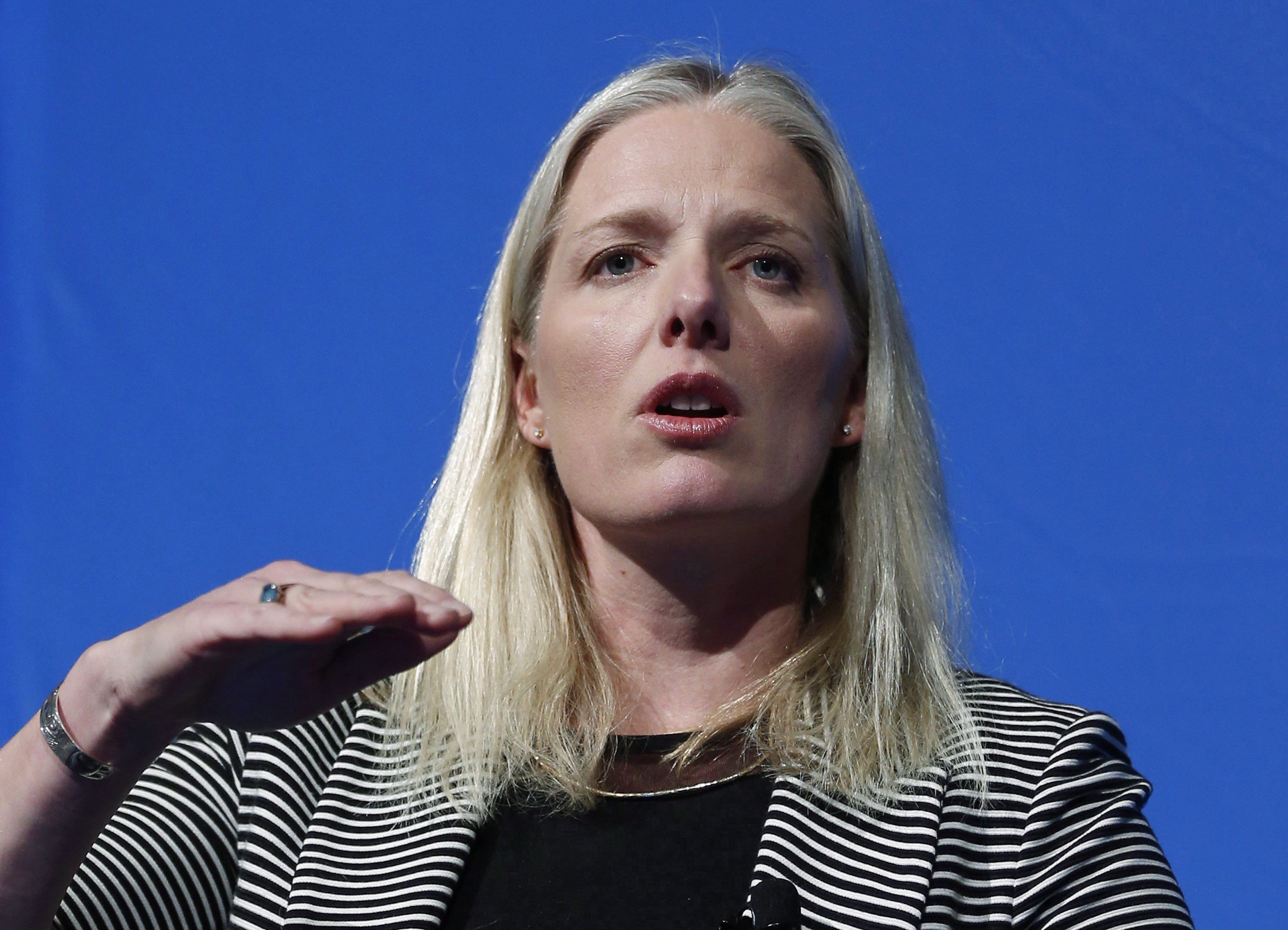
MONTREAL — Canada released its long-awaited expert environmental assessment report on Wednesday and has opened the work up to public comment.
Canada’s Environment and Climate Change Minister, Catherine McKenna, made the announcement at the start of the Arctic-Nordic forum held during the International Association for Impact Assessment conference being held in Montreal this week.
“We want to build a new system that serves the public’s interest and provides certainty to businesses, ” McKenna said in a statement.
“At the end of the day, we want to get good projects built. We know they create jobs that support communities across our country.”
Recommendations
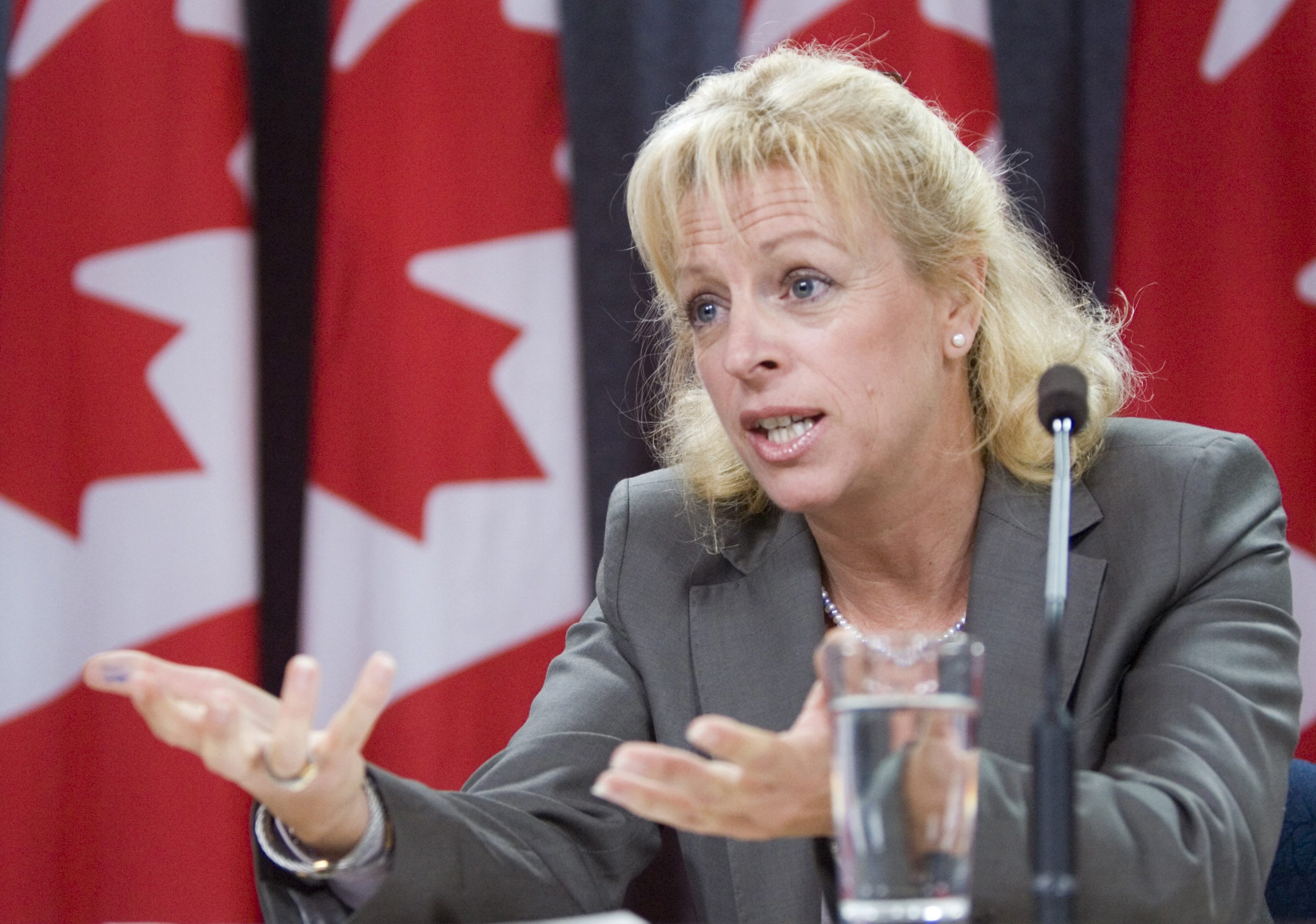
The expert panel was established in August 2016 by the federal government to examine what was working and what wasn’t when it came to approving major projects, something the government said was necessary to “restore confidence in Canada’s environmental and regulatory processes.”
The assessment process has received increased criticism in recent years from all segments of Canadian society including business who said evaluations took too long, to indigenous Canadians, who said they were often sidelined during reviews and only consulted late into the process.
The panel’s experts, Johanne Gélinas, Doug Horswill, Rod Northey, and Renée Pelletier, went to 21 cities, received over 500 online submissions, and met 1,000 participants at its engagement sessions.
Though the regulatory process is different in Canada’s three northern territories than in southern Canada, concerns are similar across the country.
Report recommendations released today range from the importance of having environmental assessements include factors beyond just the `bio-physical environment’ to a series of recommendations on better working with aboriginal communities, including the incorporation of indigenous knowledge at all stages of impact assessments.
“The Panel’s review was thorough and productive, and the quality of submissions we received from a broad range of Canadians, including the public, Indigenous groups, environmental groups, Industry and academics was inspiring,” Johanne Gélinas, chair of the expert panel, said in a statement.
The public can comment on the report through the website LetsTalkEA.ca until May 5.
The government will then review the report and public comments and decide what policy or regulatory changes may be needed.
Write to Eilis Quinn at eilis.quinn(at)cbc.ca
Related stories from around the North:
Canada: Arctic offshore drilling too dangerous: Trudeau, Radio Canada International
Finland: Finland carbon neutral by 2045 says country’s environment minister, Yle News
Norway: Norway proposes massive opening of Arctic shelf to oil drilling, The Independent Barents Observer
Russia: Rare birds around Russian Arctic oil field not a problem, company financed study says, The Independent Barents Observer
Sweden: Swedish government unveils new climate law, Radio Sweden
United States: Alaska is trying to slice some land out of the Arctic National Wildlife Refuge, Alaska Dispatch News

